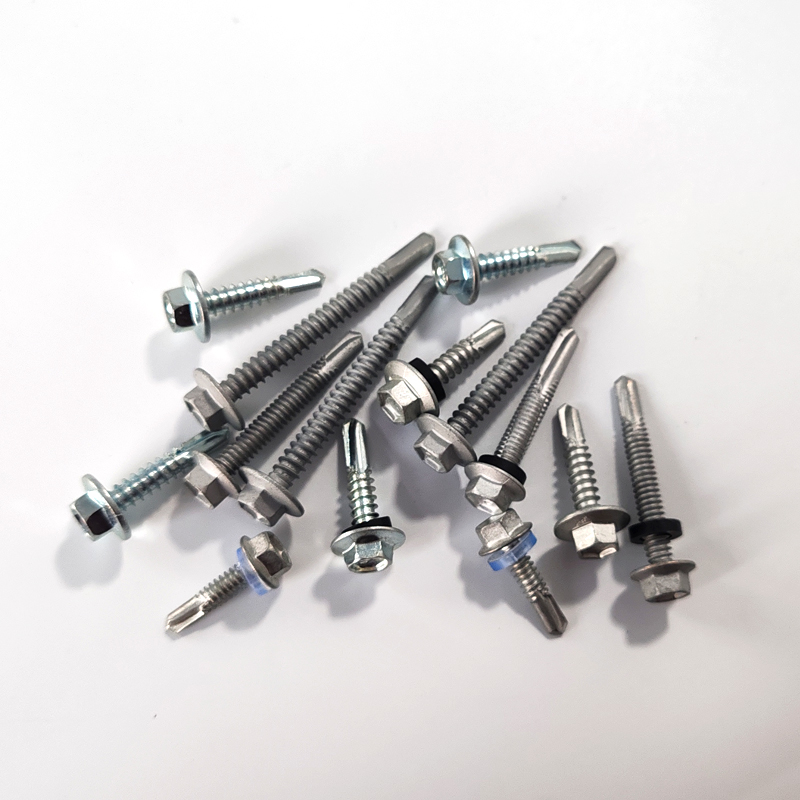chemical bolt m12
Understanding Chemical Bolt M12 Features and Applications
The use of fasteners is crucial in various engineering applications, and among them, the Chemical Bolt M12 has emerged as a notable solution. Designed to provide robust anchoring and fastening methods, this type of bolt is particularly favored in construction, civil engineering, and industrial sectors.
What Is a Chemical Bolt?
A chemical bolt, also known as a resin anchor, is a fastening system that relies on a chemical adhesive to bond the bolt to the substrate. The process involves drilling a hole into the material (usually concrete), inserting a cartridge containing a two-part resin, and then placing the bolt into the hole. Over time, the resin cures and creates a strong bond, ultimately enhancing the holding power of the bolt.
The M12 designation refers to the nominal diameter of the bolt, which is 12 millimeters. This size is ideal for numerous applications, providing a balance between strength and ease of installation. The use of M12 bolts is particularly beneficial in settings where traditional mechanical expansion anchors would be less effective, such as in cracked concrete or when attaching to less stable substrates.
Benefits of Using Chemical Bolt M12
1. High Load Capacity Chemical Bolts are designed to withstand significant loads. The bonding produced by the resin forms a tight seal, ensuring the bolt can handle dynamic loads and vibrations.
2. Versatility The M12 chemical bolt is suitable for various environments, including indoor and outdoor settings. It performs well in diverse conditions, making it ideal for different construction projects.
3. Reduced Vibration Sensitivity Unlike traditional bolts, which are susceptible to loosening over time due to vibrations, chemical bolts remain securely fastened, which is crucial for applications in machinery or high-traffic areas.
chemical bolt m12

4. Corrosion Resistance Many chemical bolts are made from stainless steel or coated with anti-corrosive materials, making them suitable for use in harsh environments, such as coastal areas, where high humidity and salinity can cause rusting.
5. Installation Convenience The installation process is straightforward, allowing for efficient application. The chemical curing process provides flexibility in adjusting the position of the bolt before the resin sets.
Applications of Chemical Bolt M12
Chemical Bolt M12 is widely used in diverse applications
- Construction In structures requiring strong, reliable anchoring points, such as securing structural beams or mounting heavy equipment. - Electrical Installations For attaching electrical panels and machinery to concrete walls or floors.
- Infrastructure Projects Used in road construction, bridges, and tunnels where durability and load-bearing capacity are critical.
- Industrial Settings Ideal for fastening fixtures and machinery in manufacturing plants, especially where vibrations or movement are anticipated.
Conclusion
The M12 chemical bolt represents a significant advancement in fastening technology. Its unique bonding properties, high load capacity, versatility, and resistance to environmental factors make it an essential component in modern engineering. As construction and industrial requirements evolve, the use of chemical bolts will undoubtedly continue to rise, providing engineers and builders with reliable solutions for even the most challenging securing tasks.
-
Weatherproof Plastic Expansion Anchors for OutdoorNewsJun.06,2025
-
Sustainability in the Supply Chain: Eco-Friendly TEK Screws ProductionNewsJun.06,2025
-
Load-Bearing Capacity of External Insulation FixingsNewsJun.06,2025
-
Double Head Bolts: Enhancing Efficiency in Industrial MachineryNewsJun.06,2025
-
Corrosion Resistance in Chipboard Screws: Coatings for Wholesale DurabilityNewsJun.06,2025
-
Butterfly Toggle Bolts : Enhancing Structural ResilienceNewsJun.06,2025
